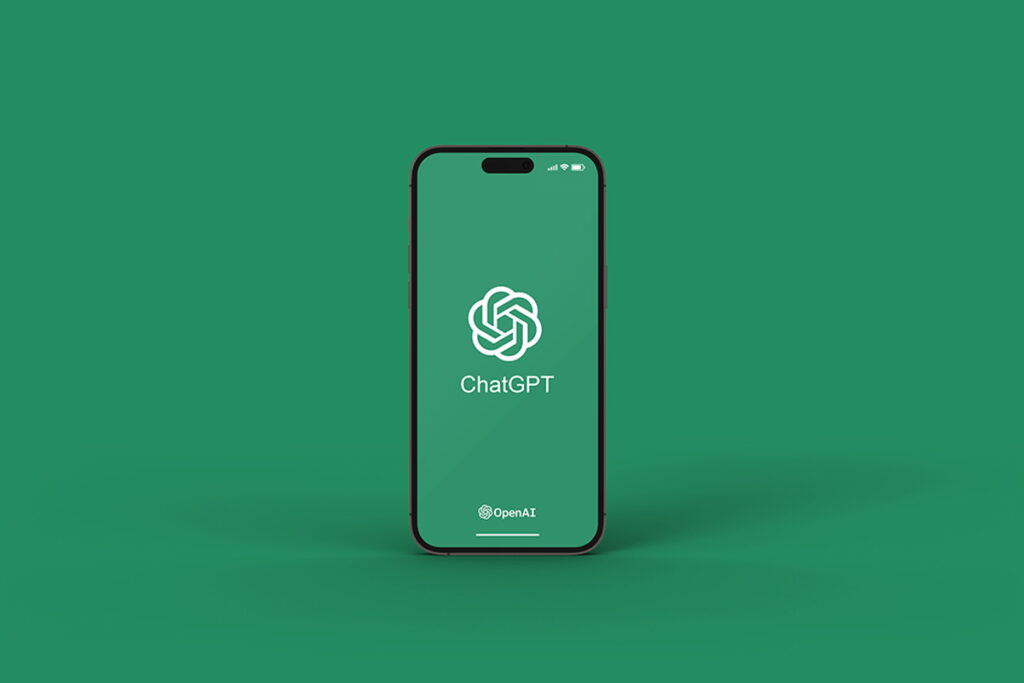Mumbai’s Myna Mahila Foundation is revolutionizing access to sexual health information through its innovative AI-powered chatbot, Myna Bolo. With the support of 80 test users recruited from the local community, including individuals like Komal Vilas Thatkare, the foundation is pioneering a new way for women to seek confidential advice on sensitive health matters.
The chatbot, developed using OpenAI’s ChatGPT model, offers personalized responses to questions related to reproductive health. Users can inquire about topics ranging from contraceptive methods to sexual practices during menstruation, all from the privacy of their own devices.
The project, funded in part by a $100,000 grant from the Bill & Melinda Gates Foundation, underscores a broader effort to leverage AI technology for social good in low- and middle-income countries. By addressing gaps in access to healthcare information, particularly in underserved communities like Mumbai, initiatives like Myna Mahila Foundation’s are aiming to bridge the digital divide and empower individuals to make informed decisions about their well-being.
While the chatbot is still in its pilot phase, early feedback has highlighted the potential for such technology to fill critical gaps in healthcare provision. However, challenges remain, including the need to improve the accuracy of responses and address issues with translation, given the diverse linguistic landscape of the region.
Dr. Christopher Longhurst, Chief Medical Officer at UC San Diego Health, emphasizes the importance of rigorous testing to ensure the efficacy of AI tools in healthcare settings. Despite the current limitations, he believes that in the long term, AI has the potential to be as transformative to healthcare as the discovery of penicillin.
To address concerns around data privacy, the foundation is exploring measures such as deleting messages within a certain timeframe to safeguard users who share devices with family members. Additionally, they are partnering with other Gates Foundation grantees to develop privacy standards specifically tailored to handling reproductive health data.
The collaborative approach taken by Myna Mahila Foundation exemplifies a growing trend in AI development, where philanthropic organizations are driving innovation in areas that may not be lucrative for traditional corporate research. By prioritizing community needs and leveraging cutting-edge technology, initiatives like Myna Bolo are paving the way for more equitable access to healthcare information worldwide.
As the project continues to evolve, stakeholders remain hopeful that advancements in AI will enable even greater impact, ultimately empowering individuals like Komal Vilas Thatkare to take control of their health and well-being, one chat at a time.


